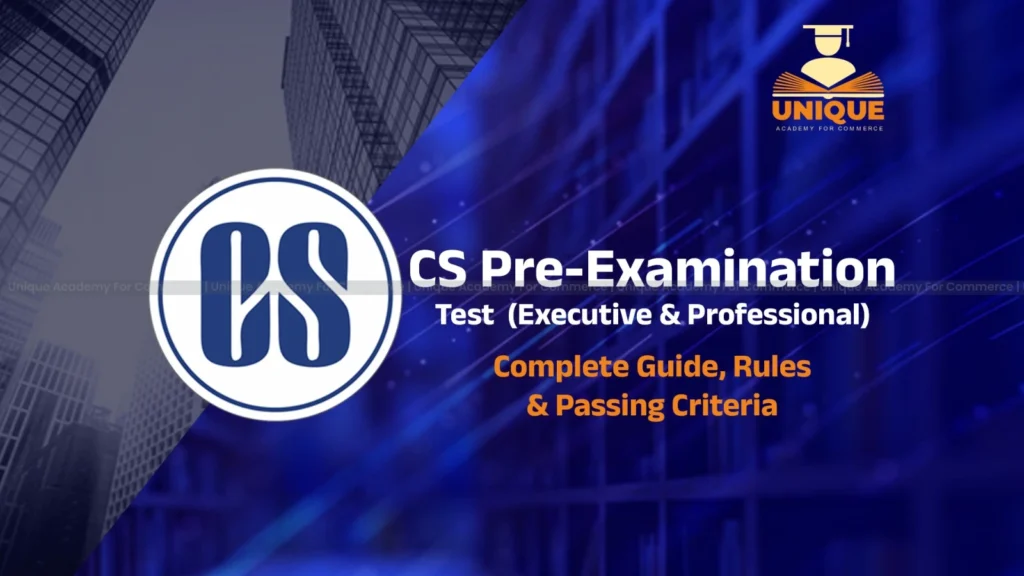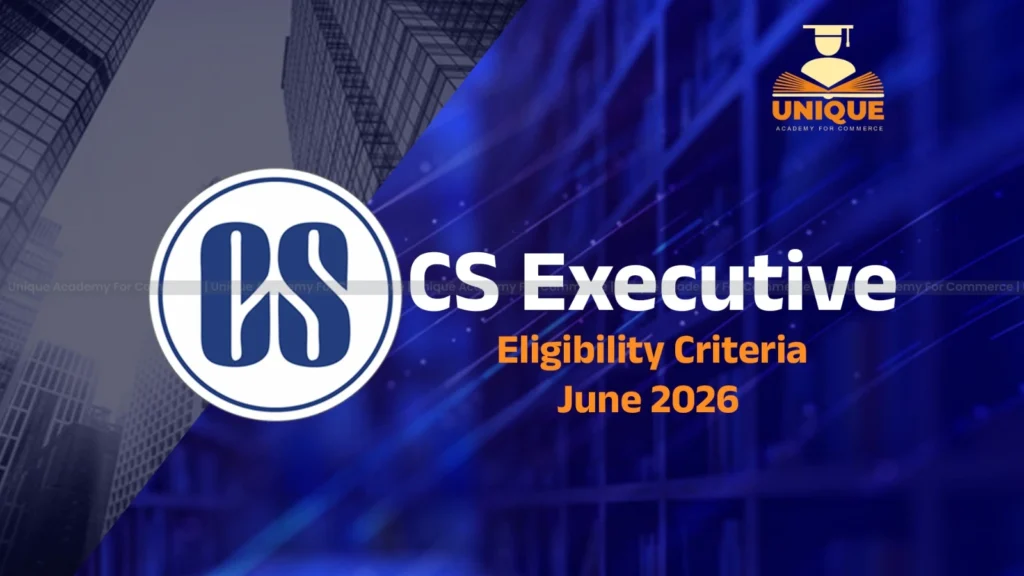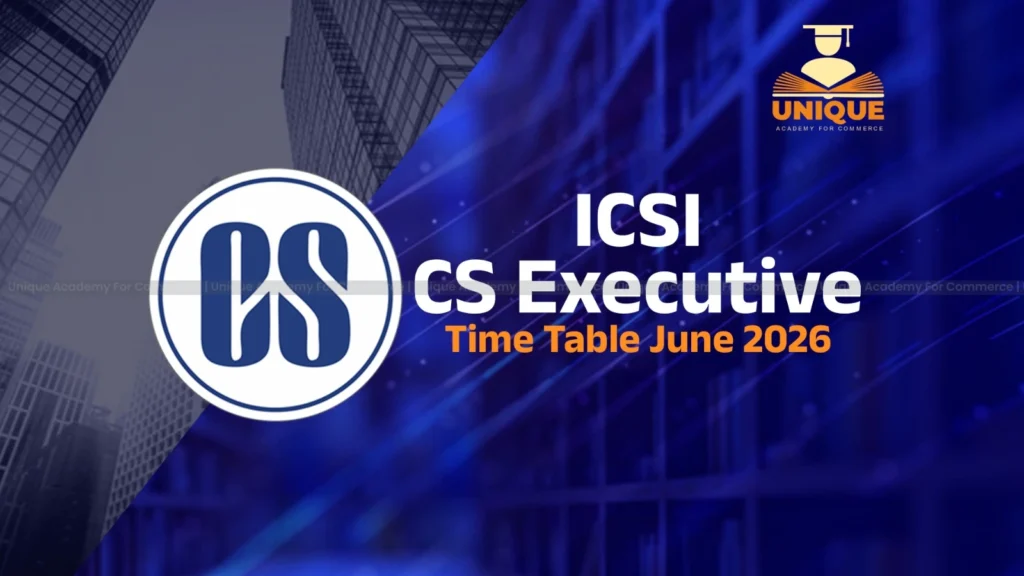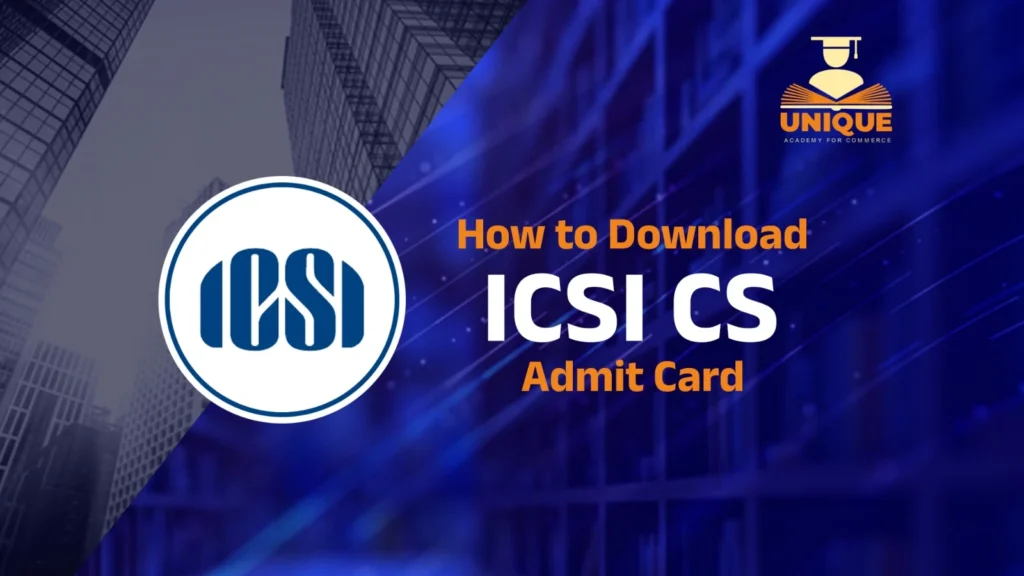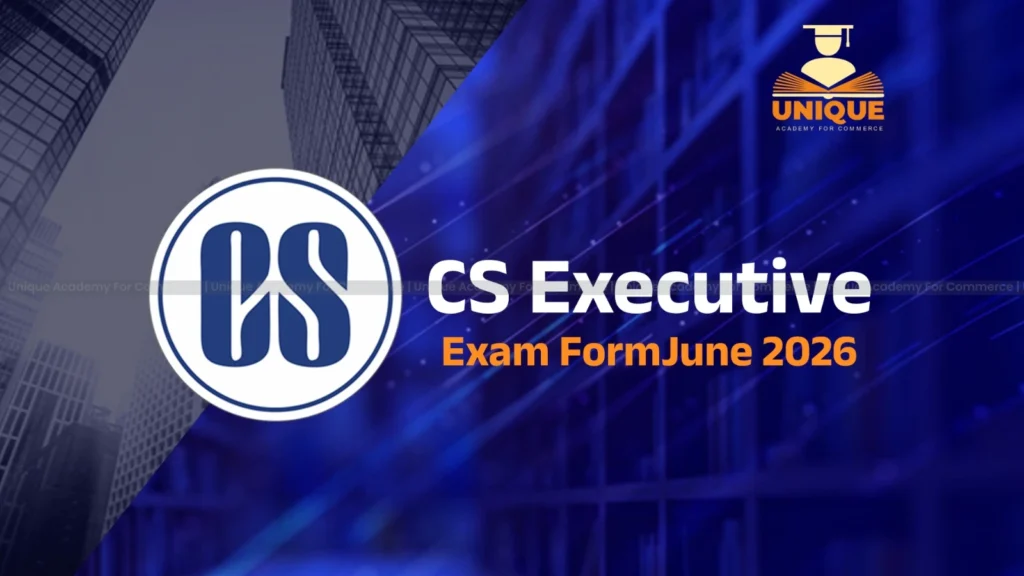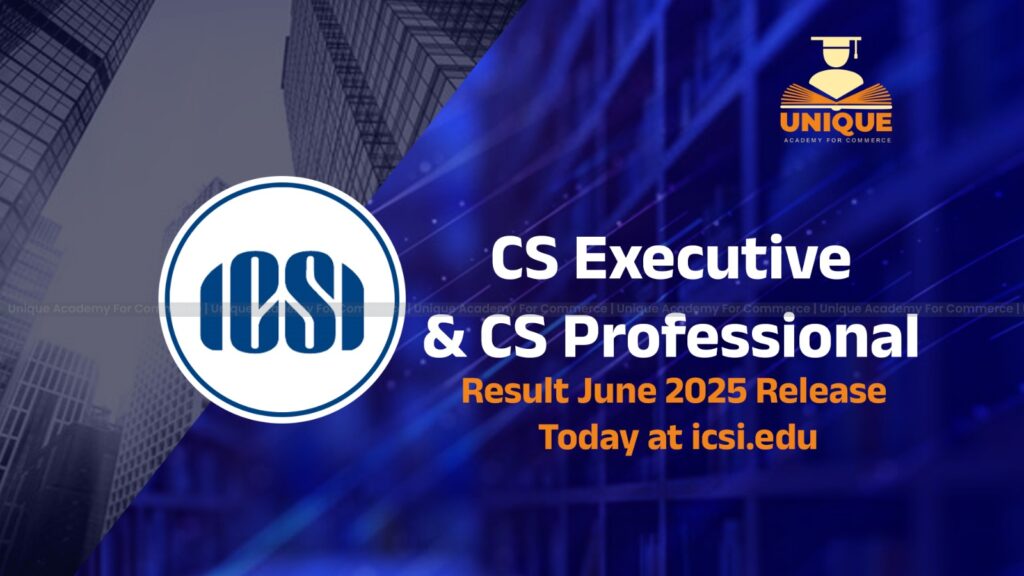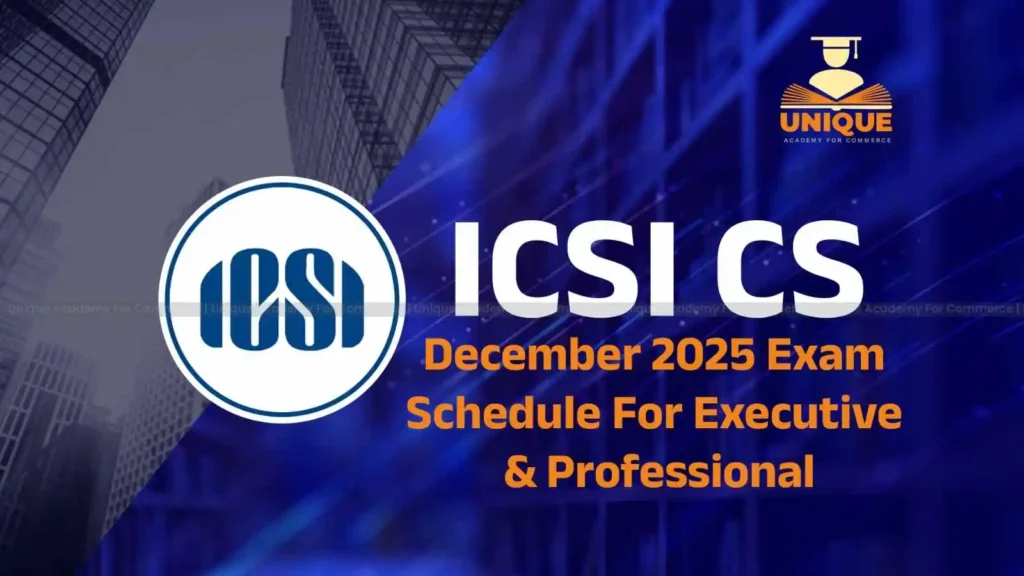Top skills every cs executive needs to thrive in today market

The corporate world is changing faster than ever before. With dynamic legislation, expanding businesses across borders, and increasing complexity of compliance, the role of the Company Secretary has changed dramatically. Gone are the days when a CS was viewed as only a compliance officer who maintained registers and filed forms.
In 2025 and beyond, the CS will be a strategic partner-guaranteeing not only legal compliance but good governance, ethical decision-making, and transparent enterprise practices. This means that the modern CS professional needs to possess a mix of technical, managerial, and soft skills to stay relevant.
Whether you are a ICSI CS Executive starting your career or preparing to enter the corporate world soon, here are some of the top skills that can give an extra edge to a CS Executive in today’s competitive market:
1. Legal & Regulatory Knowledge
This one goes without saying: a strong sense of the law is the saving grace for any Company Secretary. You are responsible for ensuring the company adheres to the Companies Act, SEBI guidelines, FEMA, GST, and other regulatory frameworks.
But knowing the law is not everything; it is the application that matters. And for instance, drafting resolutions under the Companies Act or knowing how to interpret a new MCA circular makes all the difference in the practical performance of the job at hand.
One of the great career tips for a company secretary student is to make it a habit to read every day, not only textbooks but also official notifications, case studies, and circulars issued by ICSI or SEBI. This will help you stay ahead of your peers.

2. Strong Communication & Drafting Skills
A CS acts as a communications bridge between the board of directors, regulators, and shareholders. You will be preparing notices, minutes, resolutions, and at times even replying to regulators-all of which require excellent drafting skills.
Communication does not just occur in writing, however. Being articulate in board meetings, explaining a compliance issue concisely to the management, or responding calmly to an investor query is equally important.
Good communication engenders credibility. Where you are able to simplify such legal language into something the non-legal person would understand, you stand out. As a matter of fact, most successful CS professionals today are those that combine technical expertise with effective communication.
3. Analytical and Strategic Thinking
The modern-day CS is no longer a mere record-keeper. You have to be part of decision-making, which involves strong analytical skills: identifying potential risks, interpreting what new regulations could mean, and providing practical solutions that balance compliance with business growth.
For instance, your job is to advise management if they are considering a new merger or expansion regarding potential compliance challenges. That is where strategic thinking comes in.
If you want to learn how to become a successful CS professional, start thinking like a business advisor, not just like a law expert.
4. Technology Awareness & Digital Literacy
We are living in the digital compliance age. Everything from board meetings to regulatory filings happens online. MCA V3, SEBI SDD, BSE / NSE listing portals, and various forms of digital document management systems form a part of today’s everyday work.
Tech-savviness to navigate such platforms confidently is a must-have for any CS executive. Excel for financial data, PowerPoint for board presentations, and even tools for task management, such as Google Sheets or Notion, add a lot of value.
A CS who is able to merge legal knowledge with digital efficiency automatically becomes an asset to the organization.
5. Time Management & Multi-tasking Ability
You may be required to prepare board papers, finalize minutes, handle a regulatory filing, and respond to an auditor-all in a week’s time-in a regular corporate setup. That’s where time management becomes all-important.
Prioritize tasks, plan in advance with regard to statutory deadlines, and track the progress on such using digital tools. You can do this with apps like Trello, Asana, or even simple spreadsheets. After all, meeting deadlines consistently builds your professional reputation more than anything else.
Get Details CS Executive Classes Latest Batch
6. Leadership & Interpersonal Skills
Even as a junior or executive-level CS, leadership matters. You may have to coordinate with auditors, guide interns, or communicate with government officials. A positive and confident attitude makes all these interactions smoother.
Accordingly, leadership is not about authority; it is about responsibility, communication, and decision-making. Some of the best career tips that are appropriate for company secretary students will be learning to work in teams, manage stress, and handle people belonging to different departments effectively.

7. Ethical Judgment & Integrity
Ethics constitute the backbone of the CS profession, no matter how skilled or intelligent you are. A Company Secretary is usually privy to confidential information, board discussions, and financial decisions. Honesty and integrity precede everything in such a setup, along with objectivity.
There is a lot more to being ethical than simply abiding by the law; it even goes so far as doing the right thing when nobody is watching. Corporate governance depends upon trust, and as a CS, you are its guardian.
9. Financial Literacy
While a CS is not expected to be a chartered accountant, a fair understanding of basic financial concepts such as balance sheets, P&L accounts, and cash flow statements helps in board discussions. It allows you to interpret corporate transactions better and advise management with confidence.
Understanding financial data also makes your compliance advice more practical and business-oriented.
Closing Thoughts
Putting it all together, today’s CS executive is infinitely more than a compliance officer: You’re a strategic partner, a governance professional, and a business advisor. The future in this profession is yours if you meld your knowledge of the law with strong skills in analytics, communication, digital, and ethics.
If you truly want to understand how to be a successful CS professional, begin to develop a complete personality – one who knows the law but also business, technology, and people.
The world will continue to be global, and as this world becomes increasingly regulated, learning and adapting to the evolving world will keep leaders ahead of the game.
Frequently Asked Questions
While sound legal and regulatory knowledge is the base, analytical and communication skills are equally important for long-term success.
Study ICSI specimen drafts, practice drafting minutes and resolutions, and seek feedback from seniors or mentors regularly.
Yes, basic knowledge of accounting and financial reporting will help you advise management more effectively and boost your credibility.
Because most of the company filings, meetings, and compliance reports are online now. Being tech-friendly saves time and reduces errors.
Keep upgrading your skill sets, take leadership initiatives, and focus on continuous learning. Many CS professionals have grown into CFOs, COOs, and even independent directors.
Get Details CS Executive Classes Latest Batch





